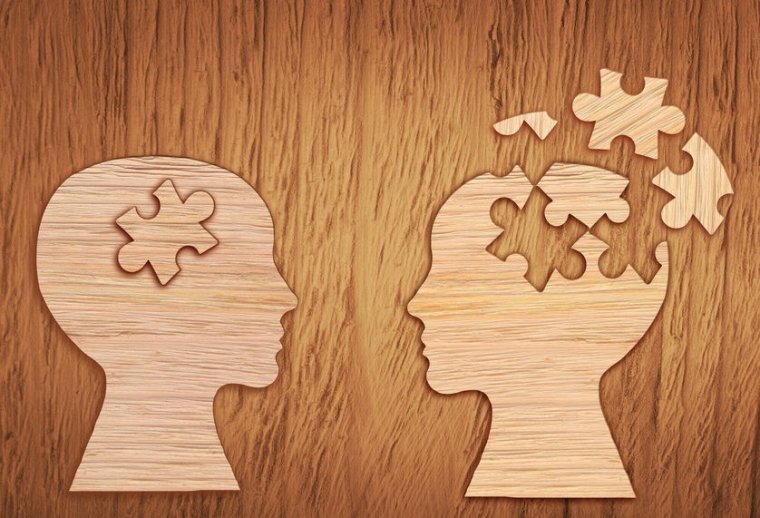
Important Concepts for Experiential Dynamic Psychotherapy (EDP):
What to Expect From a Therapist at The Center for Growth / Sex Therapy in Philadelphia Using EDP Techniques:
- The therapist will use moment-to-moment tracking techniques of your body’s signals (facial expression, posture, crying, tone of voice, level of eye contact, etc.) to gauge different emotional processes.
- The therapist will be empathic, engaging, validating, direct & active during the session.
- The therapist will share and make use of his/her own emotions in order to help process your own emotional reactions and experiences.
- The therapist will focus on and make use of your emotions.
- The therapist will help you clarify and make sense of your defenses.
- The therapist will help you to regulate your anxiety by teaching you how to slow down and track your anxiety.
While EDP is Used For a Range of Issues, EDP Can be Especially Helpful for Trauma Survivors:
- EDP techniques tap into the body’s natural healing tendencies, which can facilitate both emotional and neurological healing. This is especially important because trauma has such a physical impact.
- EDP can help to tackle one of the most difficult emotions for trauma survivors, shame. Once feelings of shame are reduced, other core emotions about the experience can be experienced and dealt with.
- Anxiety management is a key focus of EDP. Anxiety can cause you to experience increased constriction, lead to acting out, cause an experience of a rush of energy, and a feeling of needing to act urgently… all of which are common experiences of trauma survivors. EDP can help you feel more empowered and in more control of your anxiety because you will learn to track and manage your anxiety.
- EDP will challenge you to be more aware of, and stay more present with your emotions, which can help a trauma survivor to process the full range of emotions that come with a traumatic experience.
Mechanisms of Change with EDP:
- Defense Restructuring: You will learn to recognize your defense mechanisms and experienced as maladaptive in order to feel compelled to change, uncovering these defenses will help to unblock your true feelings towards yourself and others.
- Affect Restructuring: You will experience hidden/avoided emotions, and then learn how to express them appropriately in your other relationships.
- Self-Other Restructuring: You will experience changes in the way you view yourself and others.
-Attachment Theory:
- Longing for connection with others is seen as natural.
- When connections are disrupted, anger, grief, shame, sadness, etc. arise.
- The defense mechanisms you used to cope with disrupted connections are then played out in your relationships with other people.
- EDP will help you deal with the longing and issues of attachment.
-The Triangle of Conflict (Ezriel, 1952):
- From Freudian Structural Theory.
- Focuses on your defense mechanisms, which block feelings of anxiety-like guilt, shame or pain
- The Triangle of Person:
- From Menninger’s Triangle of Insight (1958)
- Explores how your defense mechanisms developed from past relationships.
- These maladaptive patterns are then played out with the therapist and in your other relationships.
-Anxiety Regulation:
- Similar to CBT’s approach to dealing with anxiety.
- As anxiety is experienced in session, the EDP therapist will help you to manage these anxieties in the moment.
- When anxiety is experienced, you will usually use your defense mechanisms to cope with these feelings, which the EDP therapist will point out, making you aware of your defenses.
- Once a supportive and safe therapeutic environment is created by the EDP therapist directly acknowledging the anxiety, you will explore with the EDP therapist your defenses and the painful emotions behind them.
-Neuro-affective Research:
- Borrows from research on mammalian brains and their emotional capabilities.
- Uses research about brain arousal systems and how emotions impact our bodies.
- EDP uses this research to better understand how affect and emotion impact you and uses our innate healing abilities to create positive change.
